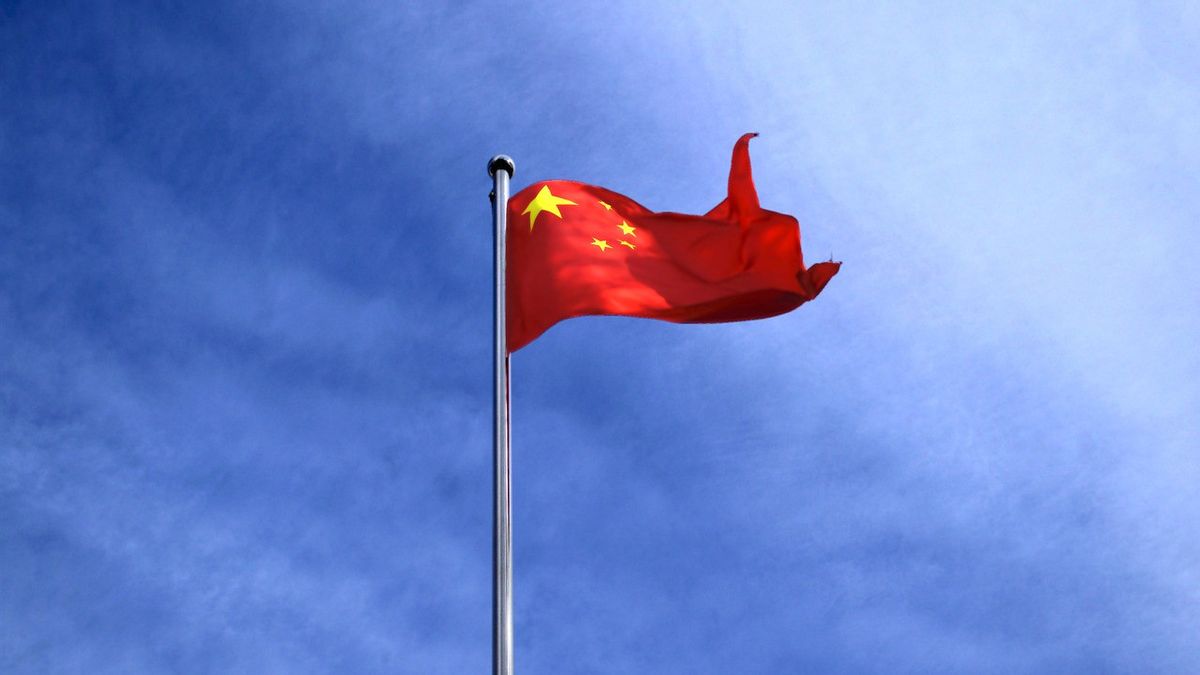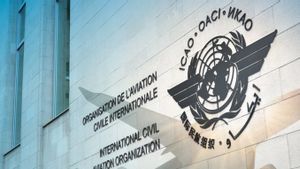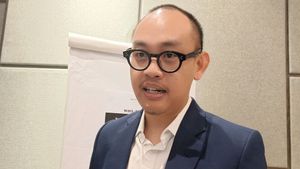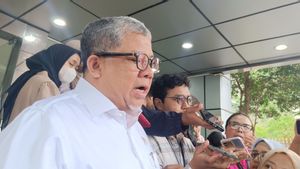JAKARTA - For a decade until 2018, China has been trying to recruit talented scientists trained abroad through large-cost programs Washington considers a threat to the interests and supremacy of US technology.
Two years after discontinuing the Thousand Talent Plan (TTP) due to a US investigation by scientists, China has secretly revived this initiative in its new name and format as part of a broader mission to accelerate its technological expertise, according to three sources with knowledge of the matter and a review of Reuters of more than 500 government documents from 2019 to 2023.
This updated recruitment program, described in detail by Reuters for the first time, offers benefits such as housing purchase subsidies and usual signing bonuses ranging from 3 to 5 million yuan, (Rp 6.2 billion to Rp10.4 billion).
China operates talent programs at various levels of the government, targeting a mix between Chinese citizens living abroad and foreign experts. The main substitute for TTP is a program called Qiming supervised by the Ministry of Industry and Information Technology, in accordance with national and local policy documents, online recruitment ads, as well as sources with direct knowledge of the matter and, as others, speak on condition of anonymity due to the sensitivity of this issue.
The race to attract technology talent comes as Chinese President Xi Jinping stressed China's need to achieve independence in semiconductors facing US export restrictions. Regulations adopted by the US Commerce Department in October limited US citizens and permanent residents to support the development and production of advanced chips in China, as well as other measures.
None from China's State Council Information Office or the ministry that gave a response regarding Qiming. China has previously said that foreign recruitment through TTP aims to build an innovation-based economy and promote talent mobility, while respecting intellectual property rights, according to state news agency Xinhua.
Qiming, or Illumination, recruits from the field of science and technology covering "sensitive" areas, such as semiconductors, according to two people. Unlike its predecessor, the program does not publicize award recipients and is not on the website of the central government, which, according to the sources, reflects its sensitivity.
Several documents state Qiming at the same time as Huoju, or Torch, a long-term initiative from the Ministry of Science and Technology focused on establishing clusters of technology companies. The ministry did not provide a response to a request for comment.
Qiming is also operating in line with recruitment initiatives run by local and provincial authorities, as well as recruitment efforts supported by state-supervised Chinese chip companies, according to the two people and other sources familiar with the matter. Reuters was unable to independently identify the companies involved.
The US has long accused China of stealing intellectual property and technology, accusations rejected by Beijing as a political motive.
"Foreign opponents and strategic competitors understand that recruiting top talent from the US and the West is often as good as acquiring its own technology," said Dean totaling, spokesman for the US government's Center for National Counterintelligence and Security, when asked about China's talent recruitment scheme.
"When these recruitments create an inherent conflict of interest or commitment, it can create risks to the US economy and national security," added fire.
VOIR éGALEMENT:
"Stopping intellectual property leaks through talent flows is difficult," said Nick Marro, a Chinese analyst at the Economist Intelligence Unit, as the effort "could risk becoming an ethnic investigation."
China's chip industry has grown rapidly in recent years, but faces a shortage of about 200,000 people this year, including chip engineers and designers, according to a 2021 report published by China's Information Industry Development Center, a government think tank, and China's Semiconductor Industry Association.
China's new talent efforts, such as TTP, which focuses on elite-level recruitment, tend to prioritize applicants trained in well-known foreign institutions, according to the three sources.
"Most of the applicants selected for Qiming have studied at leading US universities and have at least one Ph.D. degree," said one of these people, adding that trained scientists at the Massachusetts Institute of Technology, Harvard University, and Stanford University were among those sought after by China. The universities did not provide a response to requests for comment.
The English, Chinese, Japanese, Arabic, and French versions are automatically generated by the AI. So there may still be inaccuracies in translating, please always see Indonesian as our main language. (system supported by DigitalSiber.id)


















